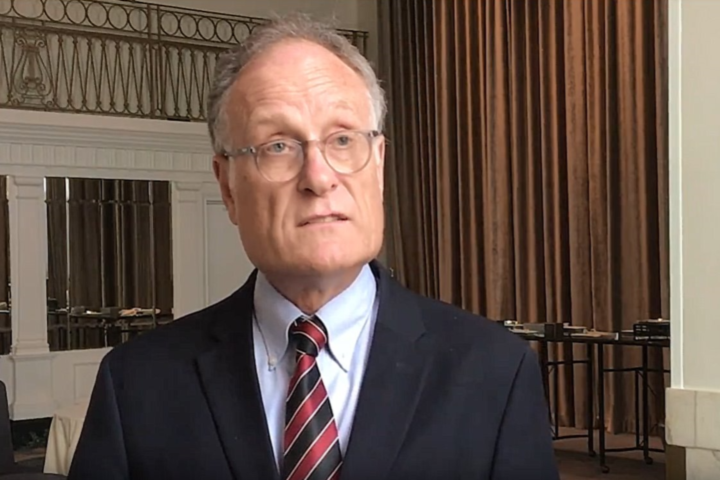Manhattan-Ogden Public Schools technology director Mike Ribble wants students to “become their best selves online” through an intentional focus on digital citizenship in schools that teaches them “to be appropriate and use technology responsibly.”
Ribble, director of technology for Manhattan-Ogden Public Schools, recently outlined for EdTech, “The Top 3 Elements of Student Digital Citizenship” that he believes students and schools can use to harness the benefits of technology and avoid potential pitfalls.
Ribble boils it down to “three simple maxims: Be safe, be savvy and be social.”
Being safe centers on educating students about the power of digital tools, how to identify threats like strangers trying to steal personal information, and the importance of alerting adults when issues arise. Schools can also highlight data privacy settings on social media, software and apps, while protecting students with a network management system and other measures that ensure a secure network.
Being savvy deals with developing deeper understanding of digital communication, including the nuances of the wide variety of digital education tools, such as Google’s G Suite for Education, cloud storage and other options, and how best to utilize the technology. Ribble wrote it’s also important to help students understand “what is true versus what may not be accurate” information online, as well as the details of making secure purchases online.
Being social involves embracing new technologies like telepresence solutions to include challenged students, “from those learning a second language to those with physical or behavioral disabilities,” according to Ribble.
“Treating others with respect and empathy are key elements of digital citizenship,” Ribble wrote. “Remember, the internet never forgets. It’s our job to teach today’s students how to manage their digital footprint. It is our responsibility to help all technology users become the best digital citizens they can be.”
Research from the Institute of Advanced Studies in Culture at the University of Virginia shows many parents are struggling to control technology use at home, and they’re worried about the negative influence it’s having on their kids.
“Many parents feel their attempts to control the home environment and to keep external influences at bay are nearly futile in the face of new communication and entertainment technologies,” according to the Institute’s “Culture of American Families” report.
“These technologies introduce a host of unknown and often unwelcomed influences into the private space of the home. The overriding concern is the negative influence that parents are unable to keep out,” the report continues. “Many feel helpless in the face of these technologies and uncertain about how, or if, to limit them.”
Fortunately, the UK’s The Jubilee Centre and other groups offer lessons to help parents, teachers and principals on how to guide students to develop appropriate and healthy relationships with technology.
The Jubilee Centre lesson “Using Technology More Wisely” for example, encourages students to reflect on whether social media and mobile technology are good or bad for them personally, for their relationships and society.
Was this article helpful?
[ratings]


